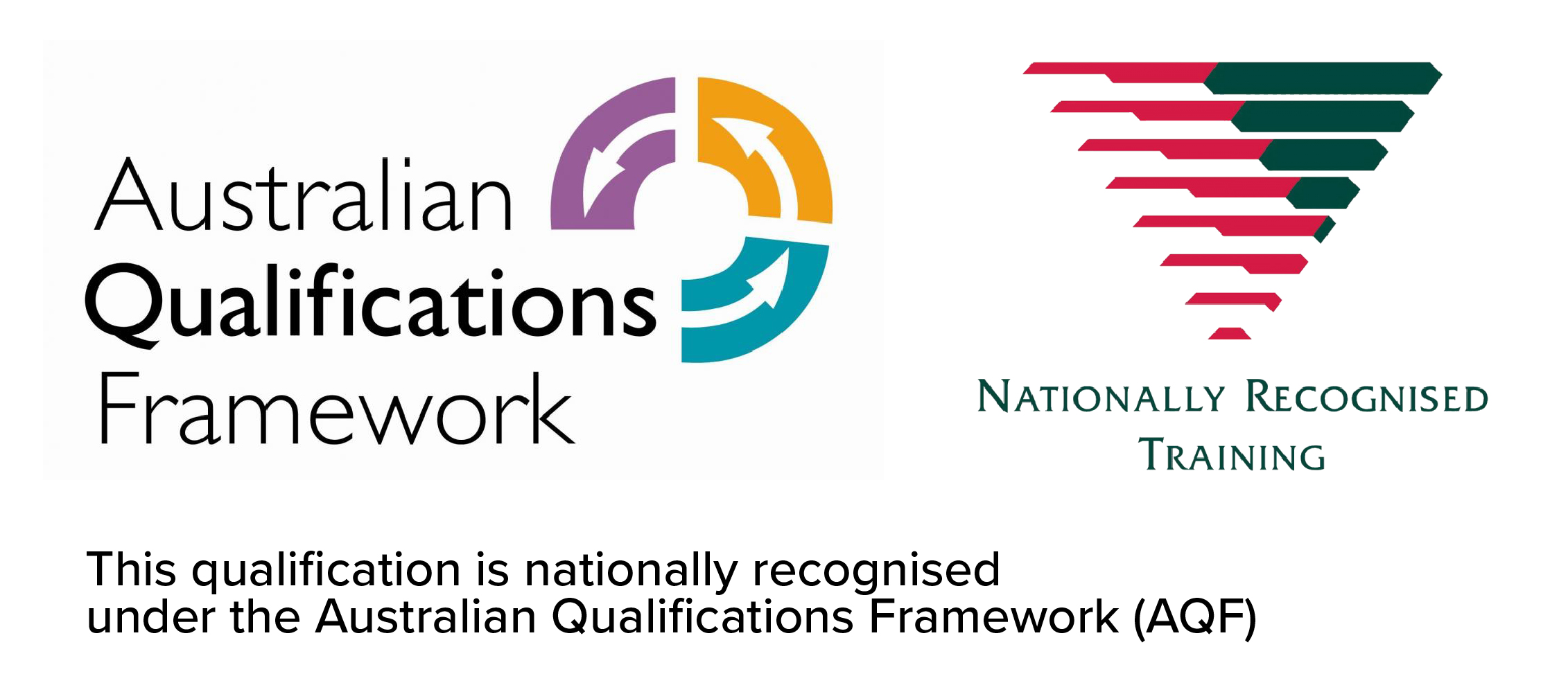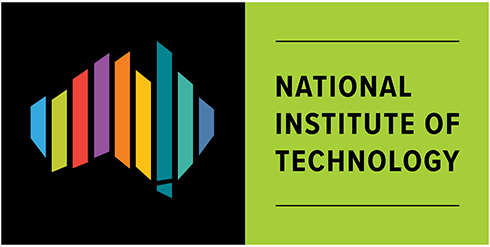
ICT50220
Diploma of Information Technology (Cyber Security)
Diploma of Information Technology (Cyber Security) at the National Institute of Technology is a practical, hands-on qualification aimed at equipping you with the essential skills and knowledge required to a become well-rounded cybersecurity professional.
You will be exposed to popular technologies in IT Networking and cyber-security such as Windows and Linux operating systems; networking equipment including routers, switches, and wireless access points; Next-Gen Firewalls like FortiGate; SIEM/SOC platforms. The course also covers many concepts that will help you in your preparation for Cisco CCNA and Fortinet NSE4 certifications.




Government-subsidised fees are available to eligible candidates for this course through Jobs and Skills WA.
- Duration: 52 Weeks including breaks
- Delivery Mode: Face-to-face (classroom based)
- Location: Perth City
- Course CRICOS Code: 105263D

Diploma of Information Technology (Cyber Security) is now free under government’s Fee-Free ICT50220 Diploma of Information Technology course through Jobs and Skills WA under the Participation – Work Readiness program.
Course Package
Available
ICT50220 - Diploma of Information Technology (Cyber Security)
Course CRICOS Code: 105263D
ICT60220 - Advanced Diploma of Information Technology (Telecommunications Network Engineering)
Course CRICOS Code: 105264C
ICT60220 - Advanced Diploma of Information Technology (Telecommunications Network Engineering)
Course CRICOS Code: 105264C
ICT50220 - Diploma of Information Technology (Cyber Security)
Course CRICOS Code: 105263D
Course Package
Available
Package Cyber Security with Telecom for double qualification and double career outcomes.
Package Duration
The duration of both courses packaged together is 104 weeks (2 years).
Package Career Outcome
• Telecommunications Network Planner (ANZSCO 313213)
• Telecommunications Technical Officer (ANZSCO 313214)
Package Visa Outcome
Students are eligible for Temporary Graduate visa (subclass 485) Graduate Work stream.
Course Overview
Diploma of Information Technology (Cyber Security) at the National Institute of Technology is a practical, hands-on qualification aimed at equipping you with the essential skills and knowledge required to become a well-rounded cybersecurity professional.
The course will provide you with training in several important cybersecurity skills such as:
- installing and configuring network operating systems (Windows and Linux)
- installing, configuring and managing complex computer networks
- managing network security
- gathering, analysing and interpreting the cyber-security threat data
- Identifying and protecting critical infrastructure for organisations
- Designing security architecture
- Developing and implementing incident response plans
- Reviewing and updating disaster recovery and contingency plans
- promoting best practices in cybersecurity
You will be exposed to popular technologies in IT Networking and cyber-security such as Windows and Linux operating systems; networking equipment including routers, switches, and wireless access points; Next-Gen Firewalls like FortiGate; SIEM/SOC platforms.
The course also covers many concepts that will help you in your preparation for Cisco CCNA and Fortinet NSE4 certifications.
Career Prospects
Job roles and titles vary across different industry sectors. Possible job titles relevant to this qualification include:
- Cybersecurity Officer
- Cybersecurity Consultant
- Security Analyst
More cybersecurity professionals are needed to meet demand from both the government and private sectors in Australia and abroad. Cybersecurity is one of the fastest-growing sectors worldwide. US$131 billion was spent on the industry in 2017, and this is expected to increase to almost US$250 billion by 2026*
* www.austcyber.com: AustCyber is an independent, not-for-profit organisation funded by federal government grants and forms an important part of Australia’s Cyber Security Strategy as a key enabler for cyber security research and development, as well as innovation. Accessed on 28 Oct 2021.
Entry Requirements
To check the academic entry requirements, refer to the Entry Requirements web page.
Course Structure
To complete ICT50220 – Diploma of Information Technology (Cyber Security), a total of 20 units must be completed.
Many units in this course are delivered and assessed in a cluster. A cluster is a group of two or more units of competency that are delivered and assessed together. Clustering-related units in this course help you learn and perform assessment tasks as expected in a real workplace.
IT Support
- ICTSAS527 Manage client problems
- ICTSAS445 Configure and troubleshoot operating system software
- ICTSAS518 Install and upgrade operating systems
- ICTNWK427 Configure desktop environments
IP, ethics and privacy in ICT
- ICTICT532 Apply IP, ethics and privacy policies in ICT environments
Enterprise Networking
- ICTNWK529 Install and manage complex ICT networks
Network Security
- ICTNWK546 Manage network security
- BSBXCS402 Promote workplace cyber security awareness and best practices
- ICTICT517 Match ICT needs with the strategic direction of the organisation
Cyber Security
- ICTCYS407 Gather, analyse and interpret threat data
- ICTCYS610 Protect critical infrastructure for organisations
- ICTCYS613 Utilise design methodologies for security architecture
- ICTSAS524 Develop, implement and evaluate an incident response plan
- ICTSAS526 Review and update disaster recovery and contingency plans
- ICTWEB518 Build a document using extensible markup language
Web Programming
- ICTPRG440 Apply introductory programming skills in different languages
- ICTPRG430 Apply introductory object-oriented language skills
- ICTSAD501 Model data objects
Leadership
- BSBXTW401 Lead and facilitate a team
- BSBCRT512 Originate and develop concepts
Note: Course structure, units and content are subject to change during the delivery period due to a change in legislative requirements or due to NIT’s course review process.
For units that are delivered as part of a cluster, the training delivery and assessments will follow a holistic approach. You will be required to complete all the assessment requirements of a cluster to advance in the course. Failing to complete the clustered assessments, will require re-enrolment in a full cluster (all units that form part of the cluster) with applicable fees.
Fees & Intake Dates
An International Student is a person who:
- is not a Citizen or a Permanent Resident of Australia; and
- either holds a valid Australian student visa or intends to apply for an Australian student visa before the commencement of the course.
All international students who intend to study in Australia on a student visa require a Confirmation of Enrolment (CoE). The CoE (Confirmation of Enrolment) is an official document generated via PRISMS (Provider Registration and International Student Management System) that provides important information about your enrolment status. This document is required to be submitted to the Department of Home Affairs before applying for a student visa.
You must have a valid CoE at all times while you are studying on a student visa.
A Domestic Student is a person who is:
- a Citizen of Australia; or
- a Permanent Resident of Australia; or
- a Citizen of New Zealand; or
- a holder of an Australian Visa (other than a Student Visa) that allows them to study in Australia with no limitations on study.
Domestic students do not require a CoE (generated via PRISMS) as they do not need to apply for a student visa. They are provided with an enrolment confirmation from NIT via email, once their enrolment is finalised. Note: If you are a holder of an Australian visa, other than a student visa, you must have sufficient remaining duration on your visa to complete your studies at NIT from the date of your course commencement. Check course durations on the relevant course pages on the NIT’s website.
National Institute of Technology is an approved provider of the government’s Fee-Free courses through Jobs and Skills WA under Participation – Work Readiness.
You may be eligible for a Participation- Work Readiness funded course at NIT Australia if you have left school and you are:
- an Australian citizen; or a permanent visa holder; holders of a sub-class 309, 444, 785, 790, or 820 visa; secondary holders of a temporary visa of sub-class 457or 482 visa; holders of a Bridging Visa E (subclasses 050 and 051) where the visa holder has made a valid application for a visa of subclass 785 or 790; Ukraine citizens who are holders of a visa sub-class 449 or 786; Afghan citizens who are holders of a visa sub-class 449; or holders of a bridging visa who are eligible to work, and who have made a valid application for a subclass 866; and
- at least 18 years old*; and
- not under an active apprenticeship/traineeship training contract registered on WAAMS; and
- Jobseeker**; and
- a resident of Western Australia.
Important Information
- All students studying at NIT are required to bring their laptops that meets the minimum system requirements specified in NIT’s Bring Your Own Device (BYOD) policy.
- Students also must have access to a high-speed internet connection – broadband wired or wireless (5G/4G/LTE) – Minimum bandwidth requirement is 5/3 Mbps (download/upload speed).
- Students are also required to bring their own notebooks, stationery and USB storage media. NIT may lend laptops to students for on-campus use only based on a first-come-first-served basis.
This course involves a number of learning and assessment methods. Typically, the learning methods may include Presentations and discussions, Demonstrations, Individual and group activities, Skills practice, Role plays, Case studies, Simulated scenarios, and Research activities.
Assessment methods generally include Practical Observation of Tasks, Written or Oral Questioning, Case Studies, Role Plays, Reports, Research Projects, Presentations, etc.
Recognition of Prior Learning (RPL)
If you think that you have already gained the skills and experience for a unit or entire qualification, you can apply for RPL to get recognised as competent for parts or a whole nationally recognised qualification. Not everyone will get credited for their skills and knowledge. Successful applicants will need to demonstrate a reasonable amount of experience in the area their course covers. Contact us to know more about our RPL process.
Before making an application to study at National Institute of Technology, you must read the information provided for International Students in NIT Student Handbook & Policies webpage.
Further Education Pathways and Course Packages
After you graduate from the National Institute of Technology with ICT50220 – Diploma of Information Technology (Cyber Security) qualification, you will be able to undertake a range of advanced diploma qualifications or an undergraduate degree at tertiary education providers.
You will be able to enter straight into:
NIT’s Advanced Diploma of Information Technology (Telecommunications Network Engineering) or
Bachelor’s degree program at Murdoch University, Southern Cross University and Edith Cowan University.
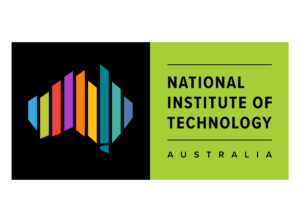
You can package ICT50220 – Diploma of Information Technology (Cyber Security) with ICT60220 – Advanced Diploma of Information Technology (Telecommunications Network Engineering).

Up to 120 credits points (equivalent to 1.0 year*) towards
- U67 Bachelor of Information Technology
- Y89 Bachelor of Science – Cyber Security
- U65 Bachelor of Computer Science

Up to 24 points (equivalent to 1.0 year*) credit towards
- Bachelor of Information Technology (B1390) in:
- Business Information Systems
- Computer Science
- Internetworking and Network Security
- Mobile and Web Development
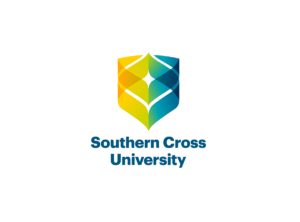
Up to 8 units (equivalent to 1.0 year*) credit
towards
- Bachelor of Information Technology:
- Credit granted: 8 units, of a total of 24 (33% of the course) – 2 unspecified elective units; 5 unspecified units, as determined by the course coordinator; 1 specified unit.
* The duration of the undergraduate (bachelor) degree program with the University/HE provider may vary based on the sequence of units offered at the University/HE provider or the intake (semester) in which you commence the course at the University/HE provider.
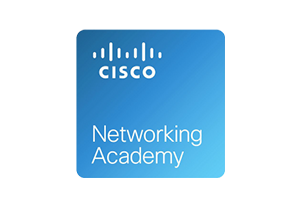



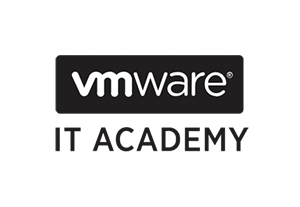
Have Questions About This Course?
We’re here to help! If you have any questions about the course content, admission requirements, or enrollment process, feel free to reach out to us. Our admissions team will be happy to assist you.
About the National Institute of Technology
National Institute of Technology (NIT) is a progressive and highly regarded training provider of industry- focused education, empowering students with practical skills and real-world knowledge. Join us to accelerate your ICT career with confidence and competence. Some of our industry partnerships and affiliations* include:

*NIT is an accredited partner with the Australian Computer Society (ACS) and Engineers Australia to deliver ACS and EEA Professional Year Programs
